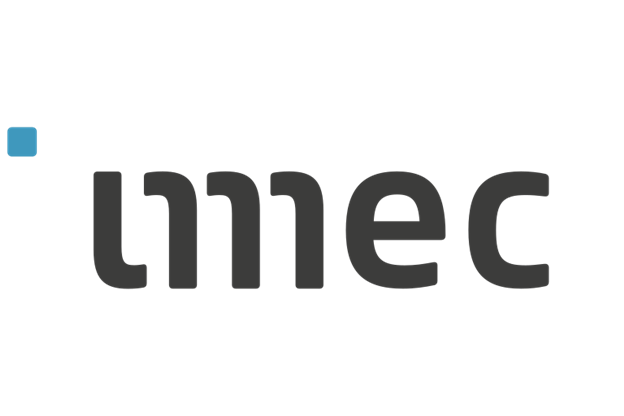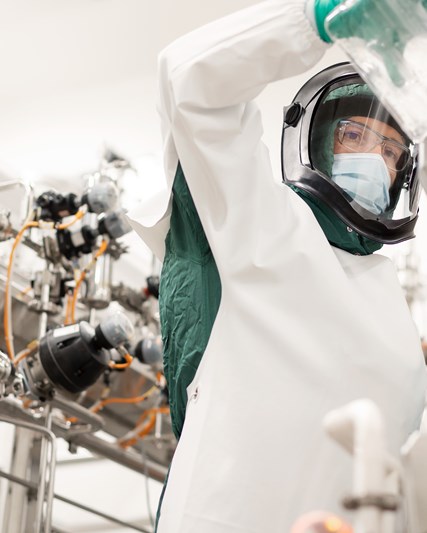
Adjuvant technology, a Belgian expertise
In our work in Belgium, we are pioneers in the development of adjuvants, components that can stimulate the immune system to fight infectious diseases. These adjuvants have been crucial in the development of vaccines against pandemic influenza, shingles, malaria, but also in the ongoing development of new vaccines against bacterial and viral diseases including COVID-19.
Platform technologies
GSK has the broadest vaccine platform technology portfolio in the industry. This enables us to select the most promising technology approach (or combinations of different platform technologies) to develop new vaccines not previously thought possible.
In addition to adjuvants, GSK has invested significantly in other technology platforms such as messenger RNA and viral vectors, contributing to the development of innovative vaccines to combat treatment orphan diseases. We see mRNA as a critical area for development, as this technology platform represents a major opportunity for the future of vaccines.

Vaccines and immune system
Beyond the genetic aspects of disease, GSK is also interested in the microbiome and its relationship to our immune system to better understand the host-pathogen relationships that underlie many chronic diseases, in order to develop the most appropriate vaccine solutions to treat these diseases

In the context of disease treatment, we have developed strong scientific skills in analysing the immune system in order to understand the evolution of disease and, in particular, what differentiates the immune response of susceptible and resistant individuals.
Vaccines were historically developed to prevent disease in children. With the increasing number of chronic diseases affecting adults, we are also heavily involved in the development of therapeutic vaccines to cure people with these chronic conditions, such as GSK's highly effective shingles vaccine.
Approximately 70% of our targets in research are genetically validated.
The success of our research and development activities lies not only in discovering new treatments, but also in improving the processes for identifying them. The key to this success lies in the combination of human genetics, genomics and advanced technologies. To fulfil our purpose to get ahead of disease together, we prioritise genetically validated targets to increase our probability of successfully delivering an approved vaccine or medicine, thereby having the greatest impact to improve patient lives. Published scientific research shows that genetically validated targets are at least twice as likely to become medicines.
Using every tool we have to get ahead of disease
We are at the forefront of an exciting time in medical discovery. One fuelled by the genetic revolution of the last decade, combined with the expansion of patient-driven healthcare data and advanced technologies including artificial intelligence (AI) and machine learning (ML).
Advances in functional genomics, such as CRISPR gene editing, have already started to redefine what is possible in drug discovery. This is allowing researchers to unravel the mysteries of biology and help pinpoint novel drug targets with a higher probability of success. This means we can make better predictions for patients and accelerate the most promising areas for drug discovery.
These advances are driving a phenomenon we call the ‘digitisation of biology’, which allows scientists to explore human biology in a way never possible before. It holds much promise for treating diseases previously out of reach, and will benefit many patients in the future.
Partnerships in Belgium

In addition to these technologies, GSK is also investing in partnerships to develop them further. One of the latest partnerships is with imec, a leading nanotechnology research centre based in Flanders. The partnership between GSK and imec follows a year of exploratory research with promising preliminary results. In R&D, GSK and imec will explore the role of nanotechnology in accelerating the development and production of new vaccines through innovative solutions. In biomanufacturing, nanotechnology will be used to automate and improve the control of production processes.



